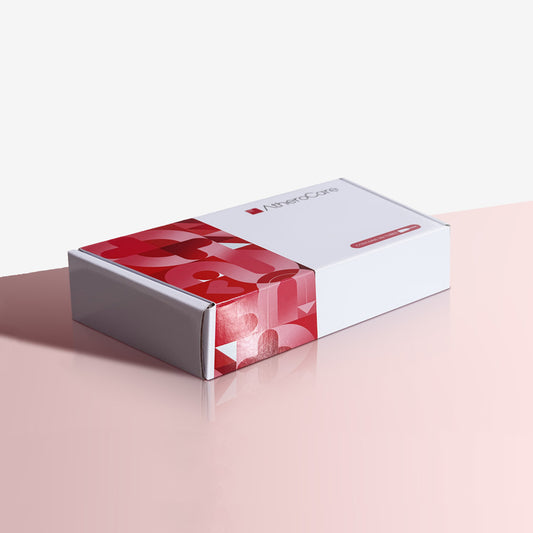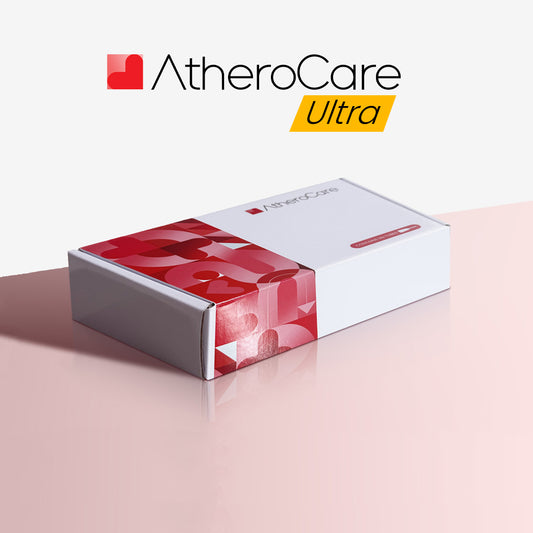Advantages of Cyclodextrin Over Traditional Treatments for Atherosclerosis
Atherosclerosis, the buildup of plaque in the arteries, is a leading cause of heart disease, strokes, and other cardiovascular complications. Traditional treatments, such as cholesterol-lowering medications and surgical interventions, have been the standard approaches to managing this condition. However, cyclodextrin is emerging as a promising alternative with unique advantages over conventional treatments. Below, we explore the key benefits of cyclodextrin and how it differs from traditional therapies.
1. Targets Existing Plaques, Not Just Cholesterol Levels
Most traditional treatments, such as statins, focus on lowering cholesterol levels in the bloodstream to prevent further plaque buildup. However, they do little to reduce the plaques that have already formed in the arteries. Cyclodextrin, on the other hand, actively works to dissolve cholesterol crystals within plaques, helping to reduce arterial blockages and improve blood flow.
2. Non-Invasive Alternative to Surgical Procedures
For severe cases of atherosclerosis, procedures like angioplasty, stent placement, or bypass surgery may be necessary to restore blood flow. While effective, these interventions come with risks such as infections, complications, and long recovery periods. Cyclodextrin offers a non-invasive alternative by gradually breaking down plaques and restoring arterial flexibility without the need for surgery.
3. Reduces Arterial Inflammation
Cholesterol crystals in plaques contribute to chronic inflammation, which further damages artery walls and increases the risk of cardiovascular events. Cyclodextrin has been shown to help reduce this inflammation by dissolving cholesterol deposits, helping to restore a healthier arterial environment.
4. May Work Alongside Traditional Medications
Unlike some cholesterol-lowering medications that can have interactions or require careful monitoring, cyclodextrin may be used as a complementary therapy to enhance cardiovascular health. Its ability to dissolve cholesterol crystals could enhance the effects of statins and other lipid-lowering treatments, offering a more comprehensive approach to managing heart disease risk.
5. No Major Reported Side Effects Compared to Some Medications
Many conventional cholesterol medications, particularly statins, can cause side effects such as muscle pain, liver damage, and digestive issues. Cyclodextrin, being a sugar-based molecule, does not interfere with the liver’s cholesterol production or cause similar systemic side effects, making it a potential option for those who experience intolerance to traditional medications.
6. Potential for Long-Term Prevention and Maintenance
Cyclodextrin not only helps clear existing blockages but may also play a role in preventing further plaque buildup by maintaining healthier arteries. Its ability to keep cholesterol in a more soluble state could reduce the likelihood of future arterial hardening, offering a sustainable approach to heart health.
7. Improves Circulation and Blood Flow
As arterial plaques dissolve, blood flow improves, reducing strain on the heart and lowering the risk of serious cardiovascular events such as heart attacks and strokes. This makes cyclodextrin a promising tool for those at high risk of heart disease who are seeking a way to naturally enhance circulation.
The Future of Cyclodextrin in Cardiovascular Health
While traditional treatments remain essential for managing heart disease, cyclodextrin presents a novel and promising approach to directly addressing arterial plaque buildup. Ongoing research is exploring its full potential, and its non-invasive nature makes it an attractive option for those looking for innovative heart health solutions.
For individuals seeking a way to reduce arterial plaque, improve circulation, and support long-term heart health, cyclodextrin may provide a groundbreaking alternative to conventional approaches. As scientific understanding continues to grow, cyclodextrin could play a major role in the future of cardiovascular care.







